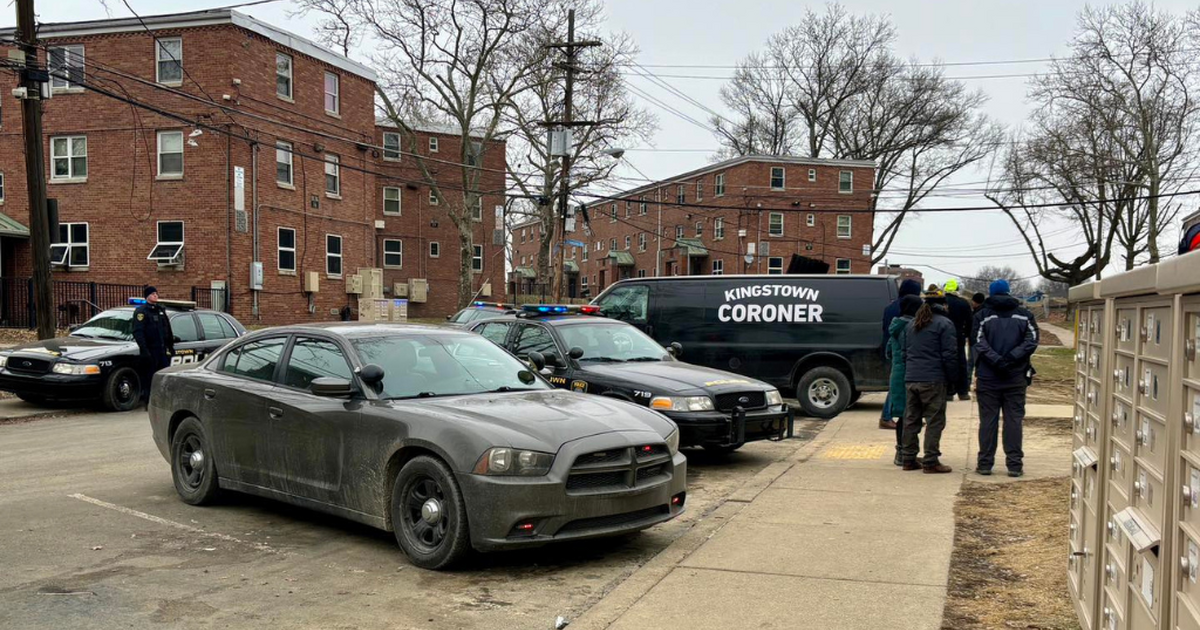Confusion Over Expiration Dates Could Cost You Thousands
BOSTON (CBS) - "Sell By." "Use By." "Best By." These two little words stamped on the side of our food can carry a lot of weight with shoppers. Erin Gilmore, a mother of two from Jamaica Plain tells us "Ninety-nine percent of the time I look at a date before I buy things." But that date may be causing us to throw away as much as $1,500 worth of food every year.
"Ninety percent of consumers are throwing food away on that date because they don't understand," says Emily Broad Leib, the director of Harvard Food Law and Policy Clinic. The group recently co-authored a study on how these confusing labels lead to food waste. "I think it's surprising how little the labels actually mean. Primarily the dates are their [manufacturer's] best guess on when that food is still going to be at its peak quality." That's food quality not food safety.
"Massachusetts, we found, is one of the strictest states in terms of those requiring dates on the most foods. State law calls for date labels on food that has a recommended shelf life of fewer than 90 days. But many manufacturers will put a date on just about anything. "Shelf stable foods, vinegars, cereals, crackers those things ... if they taste good to you they are still good." Many foods are perfectly fine days or even years after that "best by" date.
But getting sick from mishandled food is a real concern. "The likelihood of you getting sick or not has to do with the kind of food you're eating, the way you handle it, and the risks that are taken with the food," risks like storing or cooking the food improperly according to Elizabeth Scott a food safety expert at Simmons College. "There's a danger zone in which pathogens really flourish." To keep food out of that danger zone the fridge should be at 40 degrees or under and meat should be cooked until it's at least 160 degrees.
In the meantime there's a move to make these "use by" dates more useful. "We are really hoping... we can get a change that would require a reliable, uniform, coherent system. And make it really clear for the foods where this is a quality issue, that it's not safety, it's totally quality," says Broad Leib. Until that happens you may want to take that date with a grain of salt.
MORE LOCAL NEWS FROM CBS BOSTON







